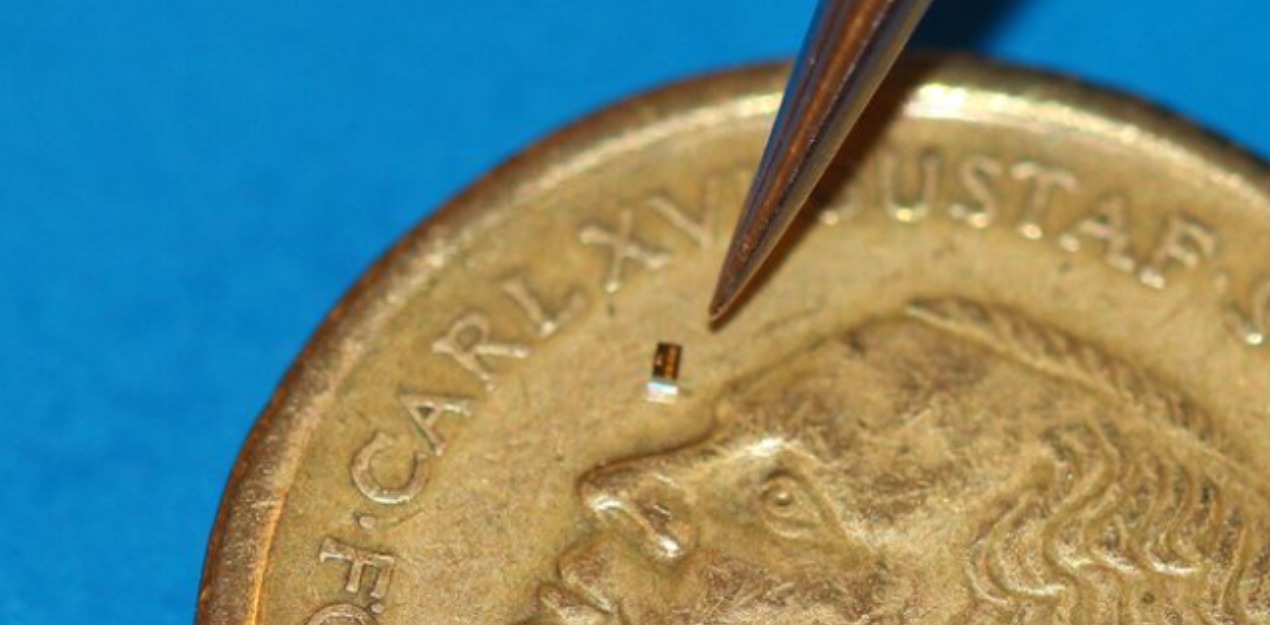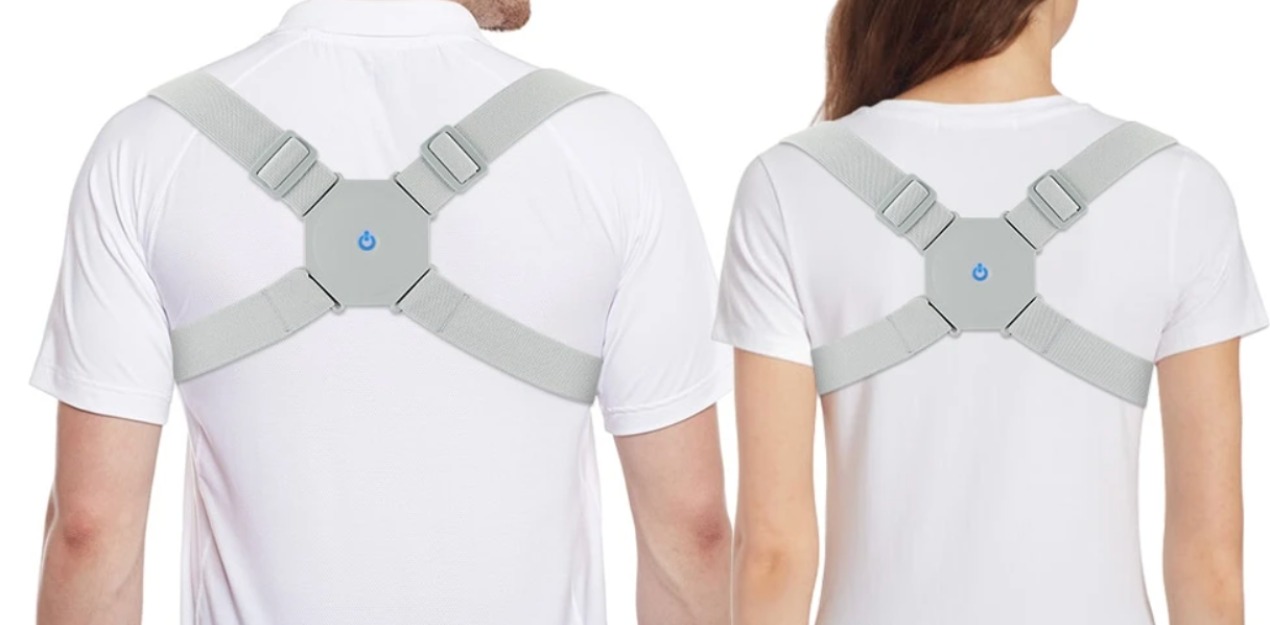AWARD YEAR
2021
CATEGORY
Body
GOALS
Good Health & Well-being, Industry, Innovation & Infrastructure
KEYWORDS
Sensor , accelerometer, tracking technology
COUNTRY
Sweden
DESIGNED BY
Xuge Fan + team at KTH in Stockholm
WEBSITE
https://www.popularmechanics.com/technology/design/a28899040/worlds-smallest-accelerometer/
The World's Smallest Accelerometer
The world's smallest accelerometer can measure static forces as well as dynamic forces that move.
Xuge Fan believes the new accelerometer will help create monitoring systems for cardiovascular disease, ultra-sensitive wearables, and portable motion-capture tech. But it may take several years to see commercial applications, he says. It depends on a number of factors, like the quality and amount of graphene that is grown through chemical vapor deposition, the stability of graphene devices, and more.
Our smartphones and watches can measure practically any piece of biometric data by relying on small sensors inside. And as those sensors shrink, the possibilities to measure even more data grow. Imagine if your FitBit couldn't only track steps and time, but could also tell you about your cardiovascular health, or help you realize you've been putting more strain on your left leg than your right. Those options are now on the horizon with the invention of the world's smallest accelerometer.





